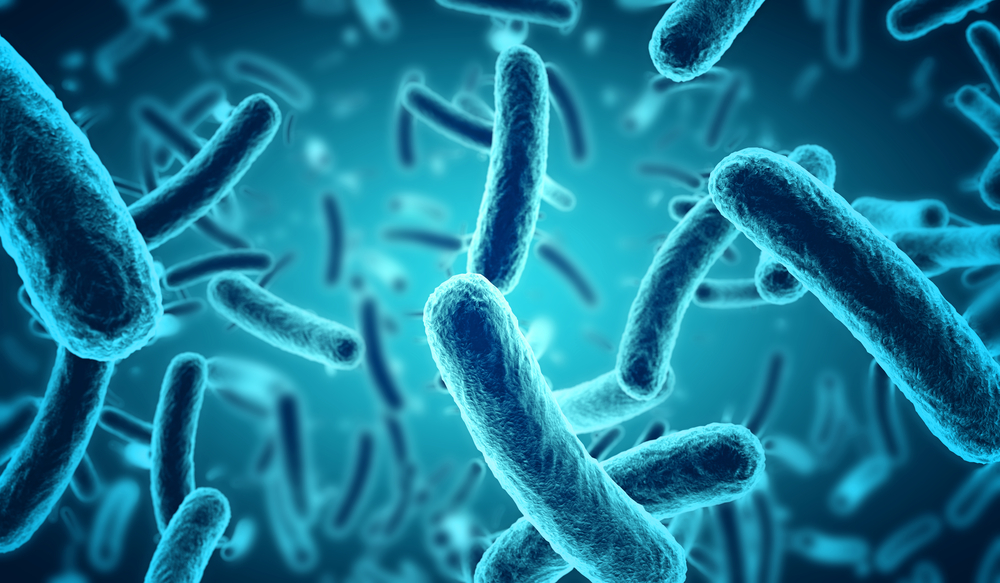 Soil is a mixture of organic matter, minerals, and a full spectrum of living creatures. It is also a microscopic landscape where life decomposes to its base ingredients and ushered into new forms. Gardeners don’t need to know complex biochemistry to know their garden, but understanding some of the processes going on in your soil can be rewarding:
Soil is a mixture of organic matter, minerals, and a full spectrum of living creatures. It is also a microscopic landscape where life decomposes to its base ingredients and ushered into new forms. Gardeners don’t need to know complex biochemistry to know their garden, but understanding some of the processes going on in your soil can be rewarding:
- Fresh organic material is broken down by microbes. The bacteria eat the sugars and fresh green material. The fungi eat the tougher woody material and proteins.
- The plant material is further broken down by larger microbes, small bugs, and worms that feast on the bacteria and fungi.
- Microbes hold moisture and nutrients in their biomass. They keep the water from evaporating and the nutrients from leaching away.
- Bacteria produce slimes that bind particles together to form humus in your soil. This helps the soil store oxygen, creates cracks for water to flow, and provides a shelter for the multitude of creatures thriving underfoot.
These are just a few examples of microbial soil interactions that can help you better relate to your garden. Through these processes, the life in your soil maintains balance with the environment that it is a part of.
